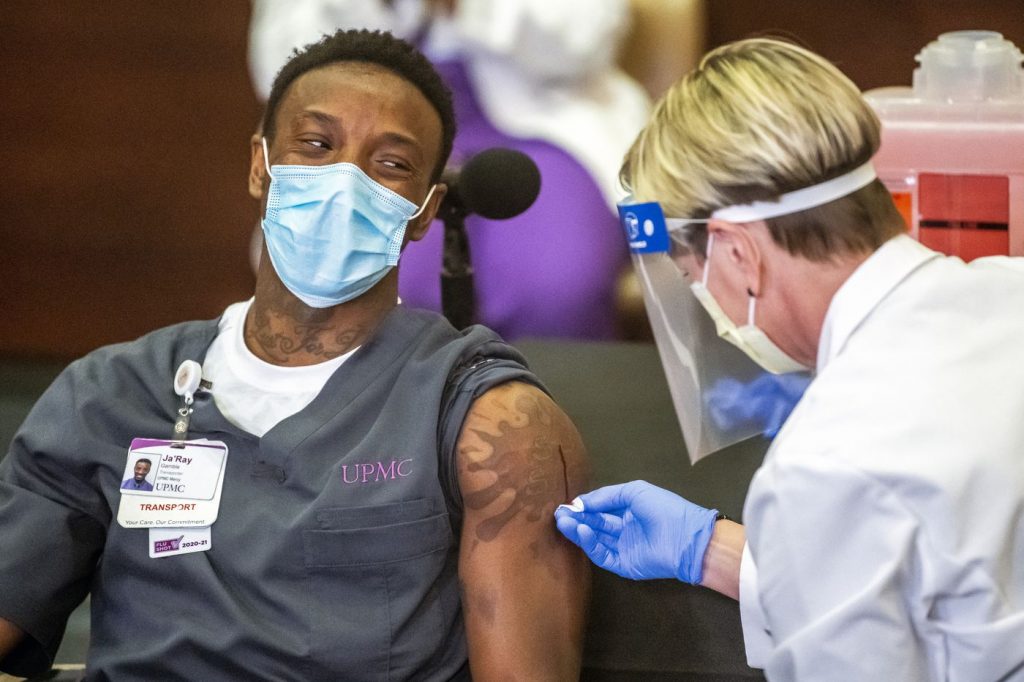DAVENPORT, Iowa – The first doses of the Pfizer COVID-19 vaccine are being distributed around the country after the Food and Drug Administration approved an emergency-use authorization.
Frontline healthcare workers and residents of long-term care facilities are first in line for the vaccine, with other essential workers in the second phase.
“Our war against the virus is not over yet, but this week we are taking a major step to our eventual victory,” Health and Human Services Secretary Alex Azar said at an Operation Warp speed press conference on Monday.
As the vaccine becomes more widely available, some have been wondering if employers could require their employees to receive it. One attorney in Davenport who specializes in employment and workplace law said the answer is complicated.
“Your employer probably could require you to get a COVID-19 vaccine, but there are a whole lot of hoops for an employer to jump through,” Kelsey Marquard of O’Brien and Marquard said.
Federal laws and agencies, like the Equal Employment Opportunity Commission or Occupational Safety and Health Administration, offer guidelines, rights and exemptions for employees. This includes under the Americans with Disabilities Act or those with sincere religious beliefs.
“Neither the EEOC or OSHA have come out with concrete guidance whether an employer can mandate a vaccine,” Marquard said.
She said right now there are not any laws in place that require vaccines for airborne pathogens. In 2010, some regulations were proposed during the H1N1 pandemic, but they were never enacted.
Legal experts also look to a 1905 Supreme Court case granting the state of Massachusetts authority to require vaccines during the smallpox epidemic.
“It’s the same case they’re relying on for stay-at-home orders, face masks, that talks about in the interest of public health you can require vaccinations. So there’s a precedent for they to be able to do that, there’s just no statute in place right now that would require that,” Marquard said.
As far as what your employer could require, and what your rights as an employee are, without more guidance from the federal government, the answer still remains unclear.
“It’s a wait and see thing at this point. And as frustrated as the world is with wait and see, it’s, I think, the best route to take,” Marquard said.
A second vaccine, made by Moderna, is also expect to be authorized for emergency use by the FDA as soon as the end of this week, with six million doses ready for shipment.


